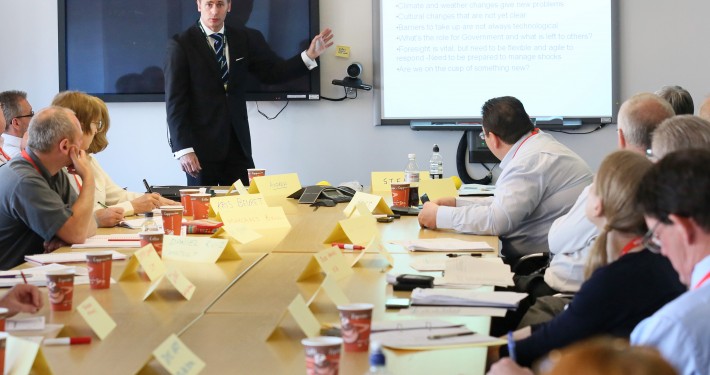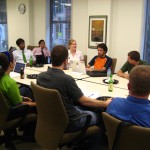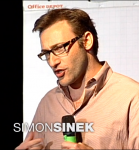According to theorists Don Tapscott and Anthony Williams, collective intelligence is an outcome of group behavior they categorize as mass collaboration that is founded upon four distinct principles: Openness, Peering, Sharing, and Acting Globally. in this article we will look a little more closely at each of these principles, and then discuss how the design of MeetingSift compliments mass collaboration and leads to collective intelligence.
Openness
Simply put, this condition implies that all participants will be approaching the project without thinking “this idea is mine.” Intellectual property must take a back seat to the open sharing and proliferation of the ideas with the group. The purpose of creating this type of environment is to encourage a great depth of scrutiny, and also to generate a greater number of auxiliary benefits. On one hand, more expert minds reviewing an idea will help in the identification of bugs or flaws in the current design, thus making the project better through critique. On the other hand, leveraging the creative capacities of other minds helps to think of new offshoot designs, new use cases, and allows for the ecology of complimentary products to expand.
Peering
Peering implies that projects will be opened up “horizontally” creating a foundation of equality from which people are able to champion ideas and grow a project out in that direction on their own, without the need for approval from a hierarchy. This is generally fortified by the peering principle that such horizontal projects will also be open for peer contributions and review. The resulting self-organization can be much more effective and efficient at producing the desired results as it allows all contributors equal footing and freedom in regards to accomplishing the goals of the project.
Sharing
While this is somewhat implied in the Openness principle, the principle of Sharing clarifies the need for intellectual property to be shared with other in the group. The share-and-share-alike concept is at work in the practice of peering as well in that peers are encouraged to share all of their developments back to the group (both the original project members, and any new members that have become a part of the offshoot development team). Sharing is essential as it allows for the fluid exchange of ideas and critiques around which productivity is enhanced.
Acting Globally
This principle is founded on the advancement of communications technologies that allow organizations to reach out across their entire network of collaborators and to engage everyone. This concept overcomes barriers like department and branch borders in an effort to capture and utilize new ideas, new talents, and new markets.
How MeetingSift can help
MeetingSift is designed to help people share and peer in an open fashion, utilizing networks of communication where participants can collaborate in real-time from anywhere within the organization, as well as outside. We facilitate openness by helping the group gather their best ideas and critiques in an open forum, the results of which can be viewed in real-time by all participants. Anonymity controls allows for focus on the issues rather than people and office politics, without hindering the open ecology or undermining the relationship of peers.
LEVERAGE COLLECTIVE INTELLIGENCE WITH MEETINGSIFT
The basic principle behind both meetings and collective intelligence is that by engaging multiple contributors to share what information they have can result in a much greater amount of knowledge than the sum of all the individual pieces of information.
Using MeetingSift can help turn a meeting room into a space much more open to the flow of information and ideas between group members, regardless of the number of participants and their status.

MeetingSift's easy to use collaboration platform for meetings helps you run more productive meetings, with higher engagement, better decision making, and more consistent follow up.












